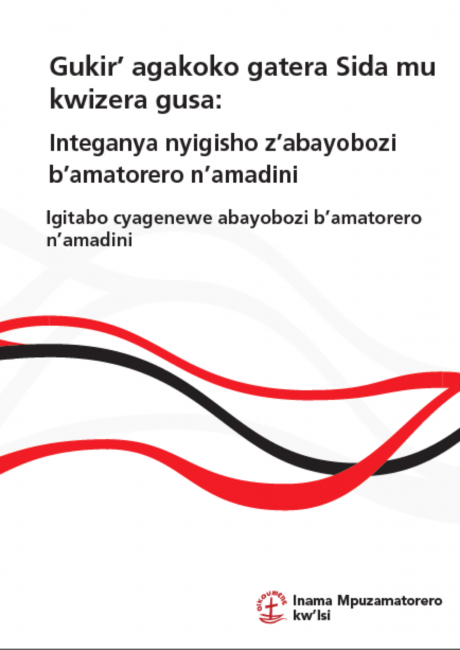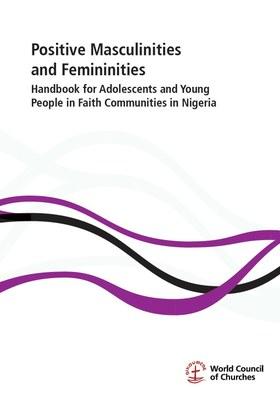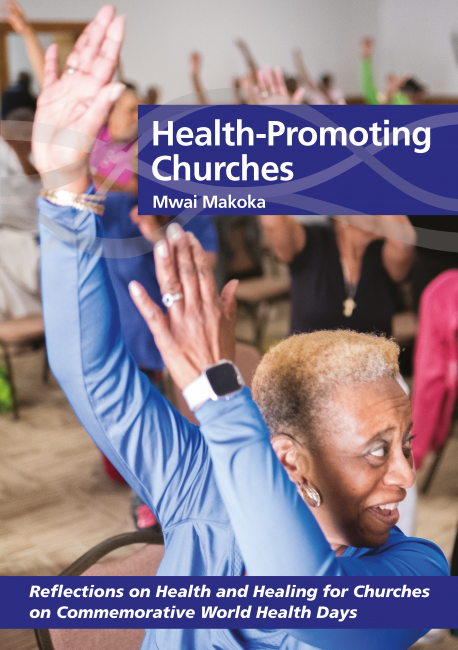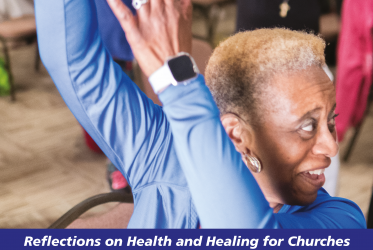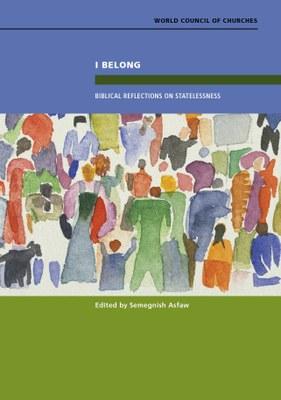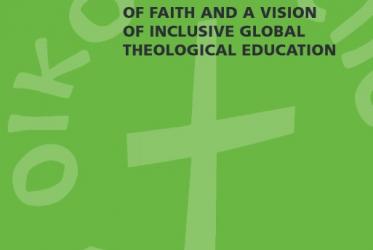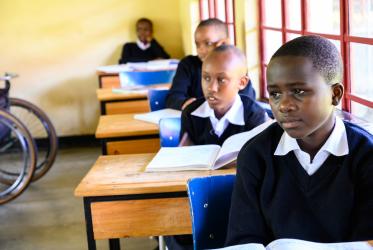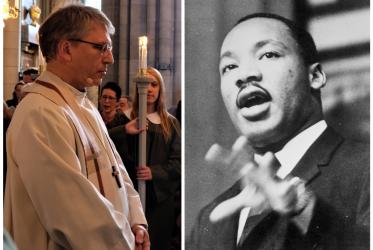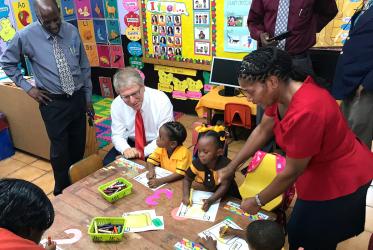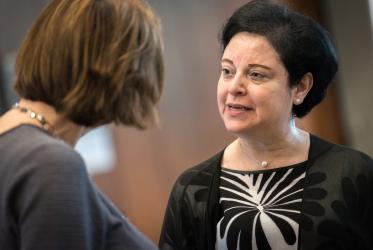Displaying 41 - 60 of 91
Training Manual for Religious Leaders
25 October 2020
Positive Masculinities and Femininities
Handbook for Adolescents and Young People in Faith Communities in Nigeria
19 October 2020
Healing Together
A Facilitator’s Resource for Ecumenical Faith and Community-Based Counselling
15 October 2020
Health-Promoting Churches Vol 1
Reflections on Health and Healing for Churches on Commemorative World Health Days
15 October 2020
I Belong: Biblical Reflections on Statelessness
Biblical Reflections on Statelessness
12 October 2020
WCC condemns attack at Hanukkah celebration in New York City
29 December 2019
Mission and people with disabilities
26 June 2019
#WCC70: Children in the Ecumenical Movement
20 December 2018
WCC reaffirms UN declaration on human rights
10 December 2018
WCC Executive Committee envisions future for one ecumenical movement
08 November 2018
Jamaica vantage point for Caribbean ecumenism
05 October 2018
WCC honours refugee work of Loïs Meyhoffer
13 September 2018
